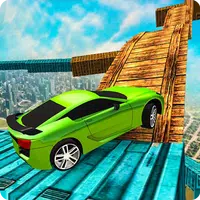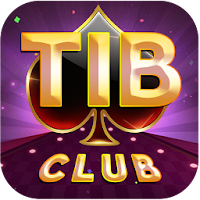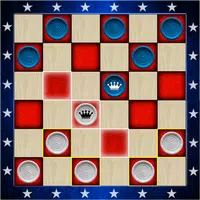"God of War's Success Hinges on Reinvention"
The God of War series has been a cornerstone of PlayStation gaming across four generations, captivating players since Kratos' vengeful journey began in 2005. Few could have predicted the trajectory of this iconic character, who transitioned from a destroyer of deities to a multifaceted protagonist over two decades. While many franchises struggle to remain relevant, God of War has thrived through continuous reinvention. The pivotal moment came with the 2018 reboot, which relocated Kratos from the ancient Greek world to the realm of Norse mythology, revolutionizing both the series' presentation and gameplay. Yet, even before this acclaimed shift, Sony Santa Monica introduced numerous smaller changes that kept the series alive and engaging.
The key to God of War's future success lies in its ability to evolve. When transitioning to Norse mythology, director Cory Barlog expressed interest in exploring settings like the Egyptian and Mayan eras. Recent rumors have reignited discussions about an Egyptian setting, fueled by the allure of its rich culture and mythology. However, a new setting alone isn't enough; the series must reinvent itself as effectively as it did when adapting the successful elements of the Greek trilogy for the Norse saga.
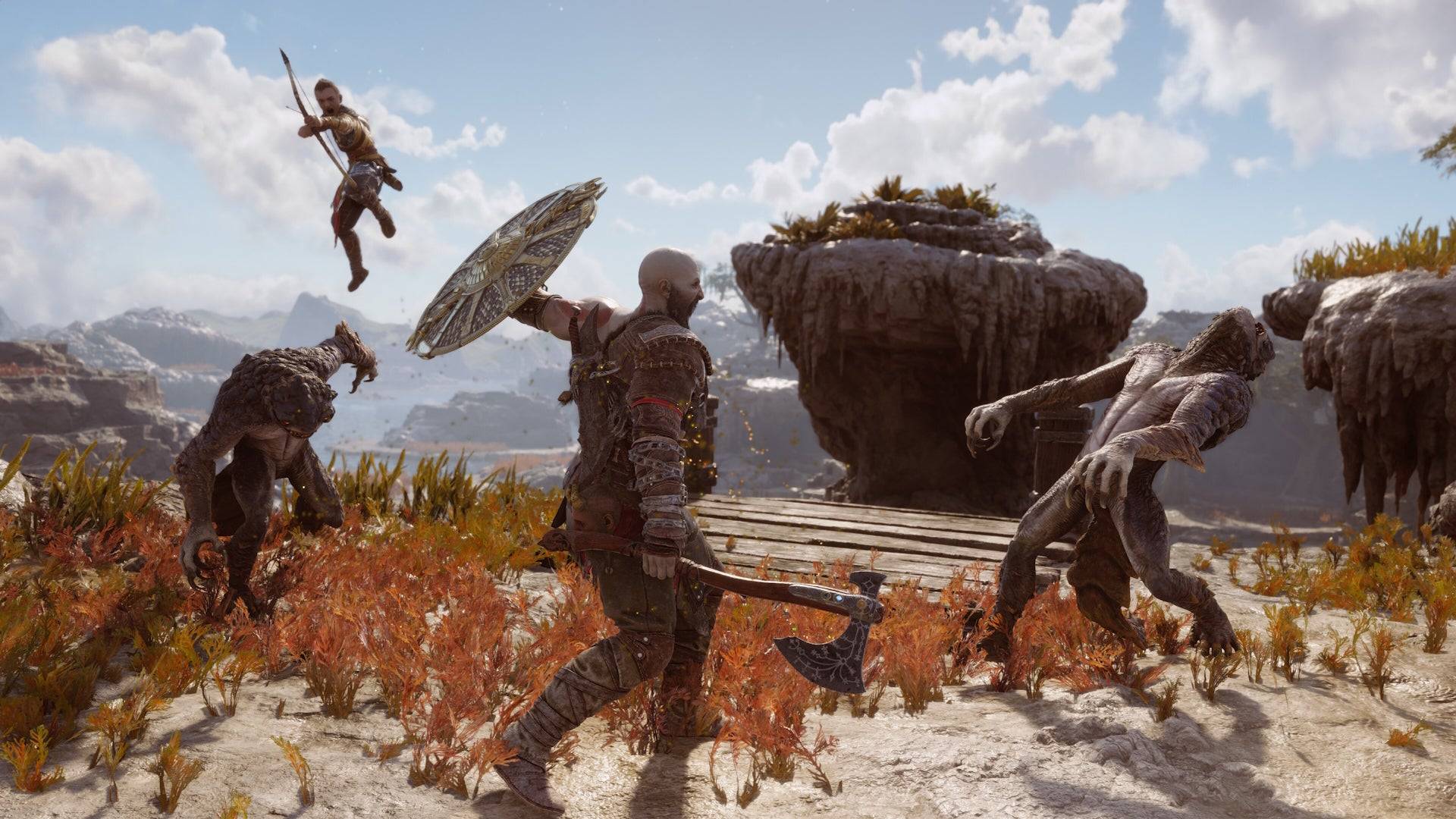
The series has consistently evolved with each installment. The original Greek trilogy refined its hack and slash mechanics over a decade, culminating in God of War 3 on the PlayStation 3, which introduced a revamped magic system and more diverse enemies. The shift to the PS3 allowed for enhanced graphics and new camera angles, enhancing the visual experience.
The 2018 reboot saw significant changes, including the removal of platforming elements due to the new third-person camera perspective. Puzzles remained but were adapted to fit the new adventure-focused design. The roguelike DLC, Valhalla, for God of War Ragnarök, marked a return to the series' roots with the reintroduction of battle arenas, now set within Norse mythology. This DLC's narrative also brought Kratos back to his Greek origins, offering a poignant full-circle moment in his journey.
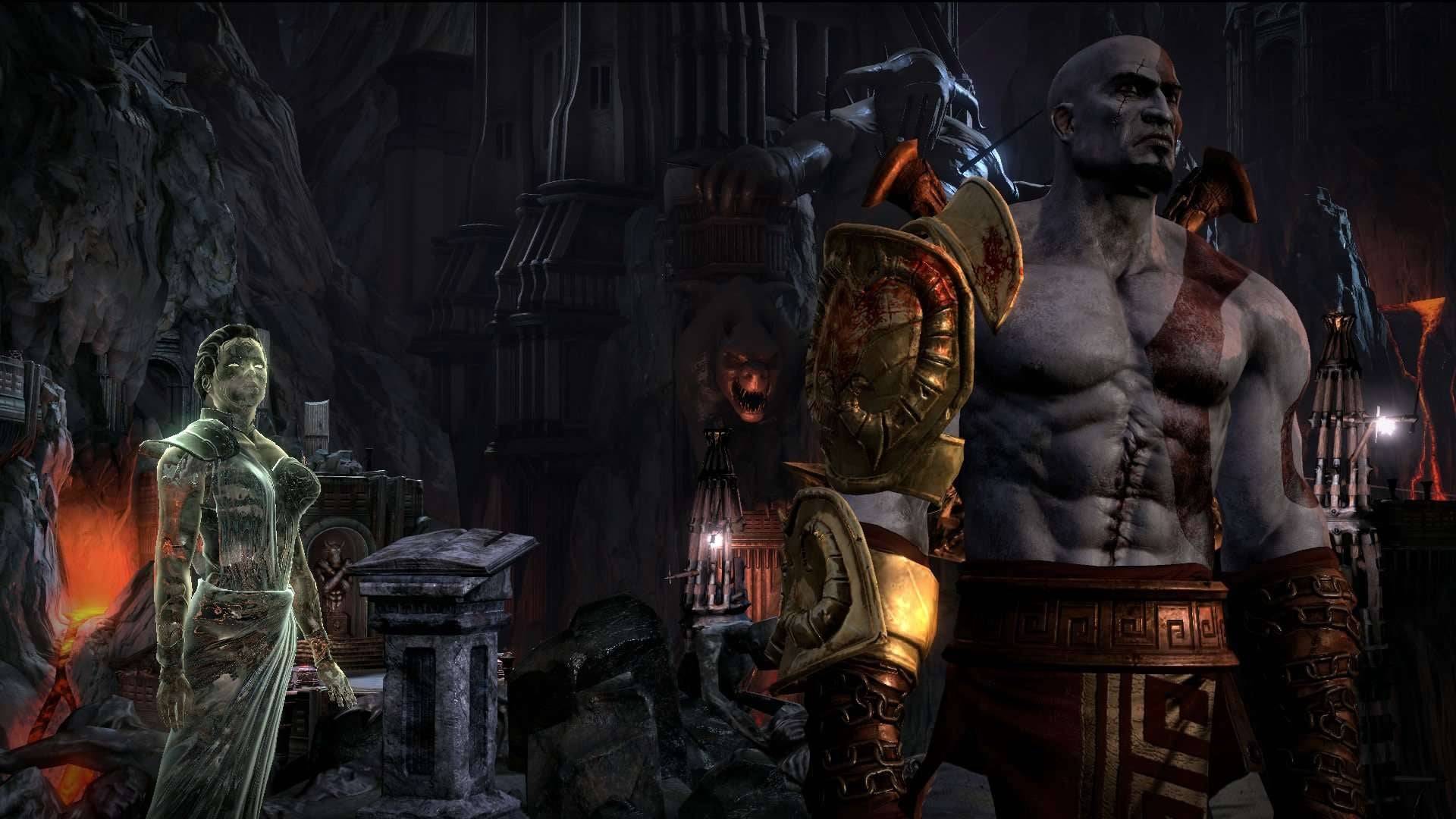
Beyond mechanical changes, the Norse games transformed the series' storytelling. Kratos' emotional journey, marked by loss and his complex relationship with his son Atreus, provided a depth and nuance that contrasted sharply with the more straightforward narrative of the original trilogy. This emotional storytelling has been crucial to the Norse era's critical and commercial success.
The shift in both mechanics and narrative reflects a broader approach to franchise development. The creators view the Norse games not as traditional sequels but as extensions of Kratos' journey. This perspective should guide future installments.
The example of Assassin's Creed, which also frequently changes settings and gameplay, highlights the challenges of reinvention. While profitable, Assassin's Creed has faced criticism for drifting from its roots and expanding excessively. Attempts to realign with its origins, such as with Assassin's Creed Mirage and the upcoming Shadows, show the difficulty of balancing innovation with fidelity to a series' core.
God of War has navigated these challenges adeptly. The Norse series, while a radical departure, never lost sight of what made Kratos compelling or the series' mechanical foundations. Each new game built on the core elements of combat and storytelling, introducing new features like Spartan Rage options, unique weapons, and diverse combat scenarios. These enhancements respected the series' identity and enriched its lore.
As rumors of an Egyptian setting circulate, the next God of War must continue to evolve while preserving the elements that have made the series successful. While the 2018 reboot focused on maintaining the high standards of combat set by the Greek trilogy, future games will likely be judged by their storytelling. Kratos' transformation from a rage-driven warrior to a thoughtful father and leader has been central to the Norse games' success. Whatever follows must build on this strength, making bold changes that define the next era of God of War.
-
1
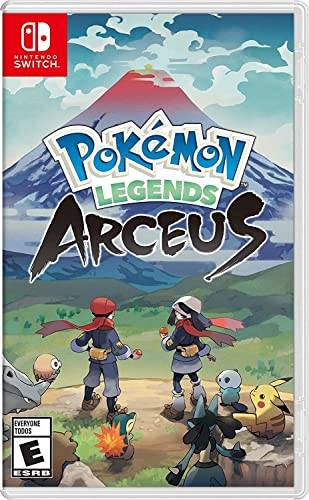
Every Pokémon Game on the Nintendo Switch in 2025
Feb 25,2025
-
2

Roblox: Trucking Empire Codes (January 2025)
Mar 05,2025
-
3

Poring Rush, the casual battling spin-off from hit MMORPG Ragnarok Online, is out now
Dec 30,2024
-
4
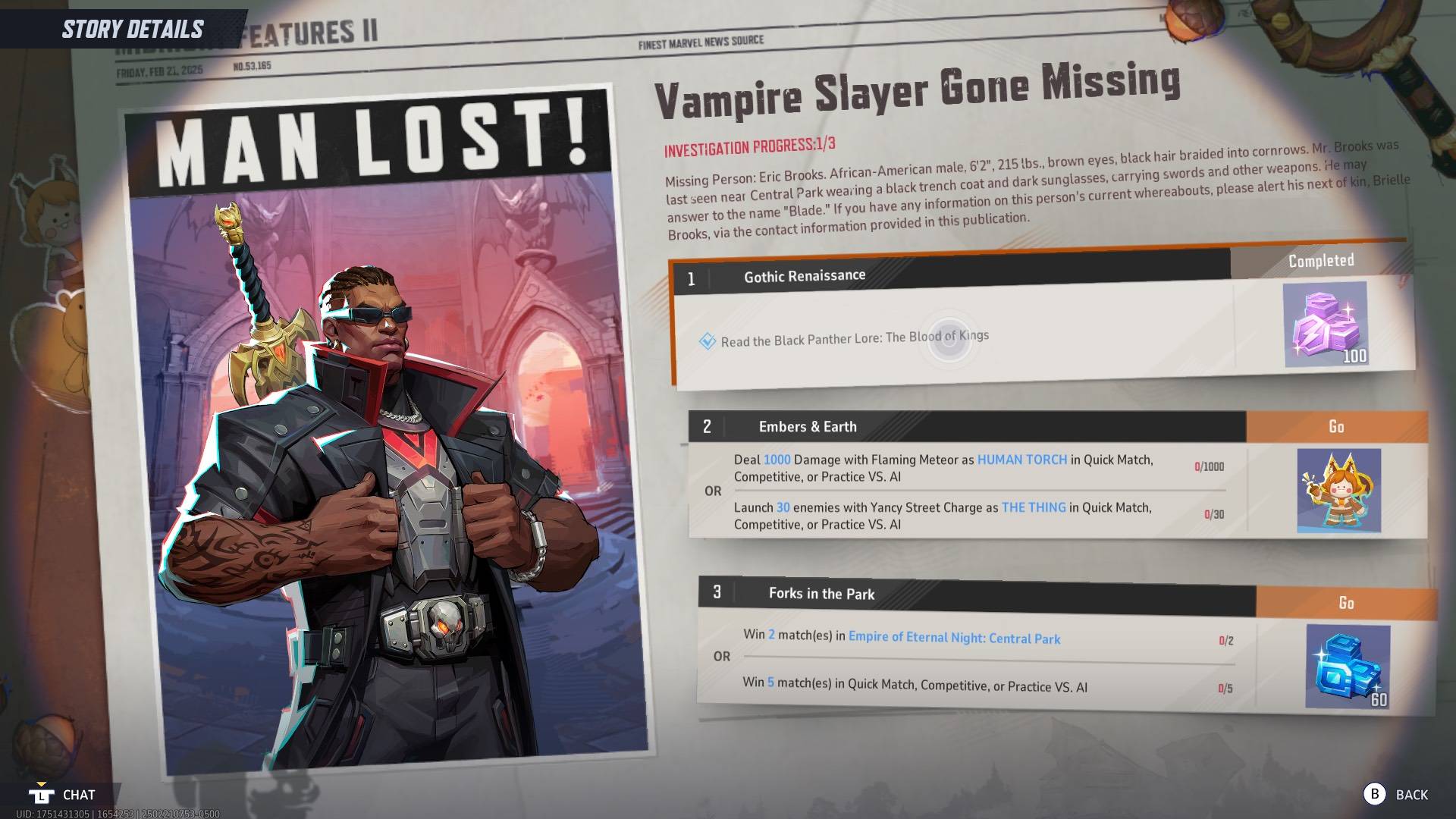
How To Read Black Panther Lore: The Blood of Kings in Marvel Rivals
Mar 01,2025
-
5
![Anime Vanguards Tier List – Best Units For Each Gamemode [UPDATE 3.0]](https://images.gzztb.com/uploads/35/17376012656791b0f12fa1c.jpg)
Anime Vanguards Tier List – Best Units For Each Gamemode [UPDATE 3.0]
Feb 27,2025
-
6
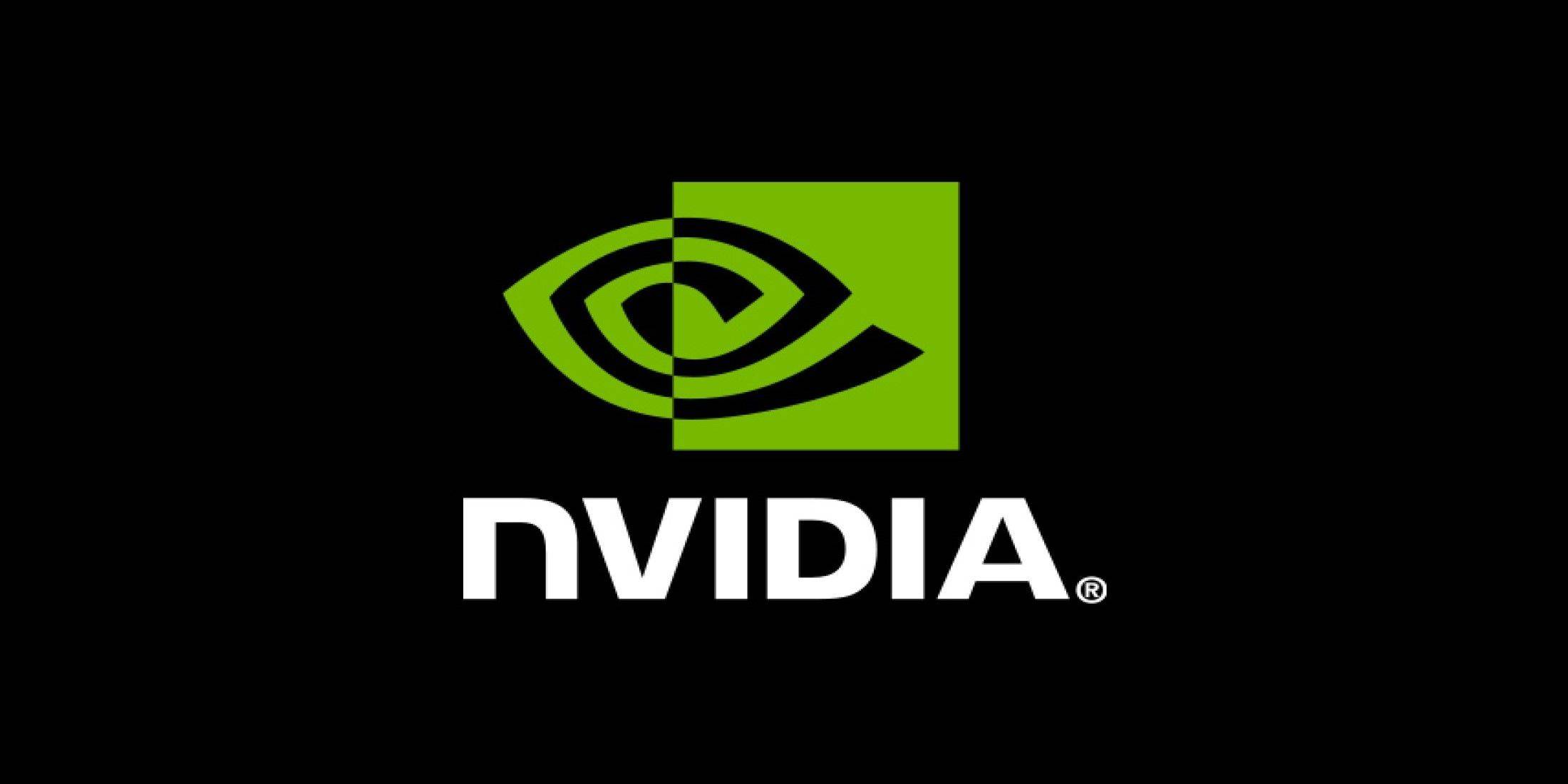
Nvidia RTX 5090 Specs Leak: Rumor Confirmed?
Mar 14,2025
-
7
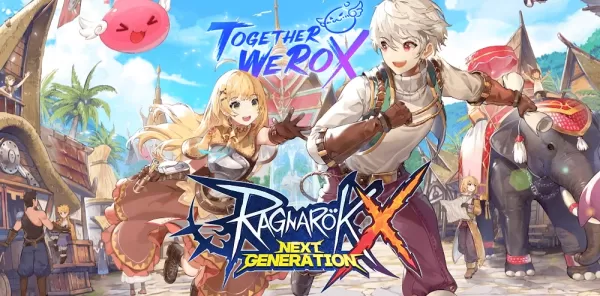
Ragnarok X: Next Gen - Complete Enchantment Guide
May 25,2025
-
8
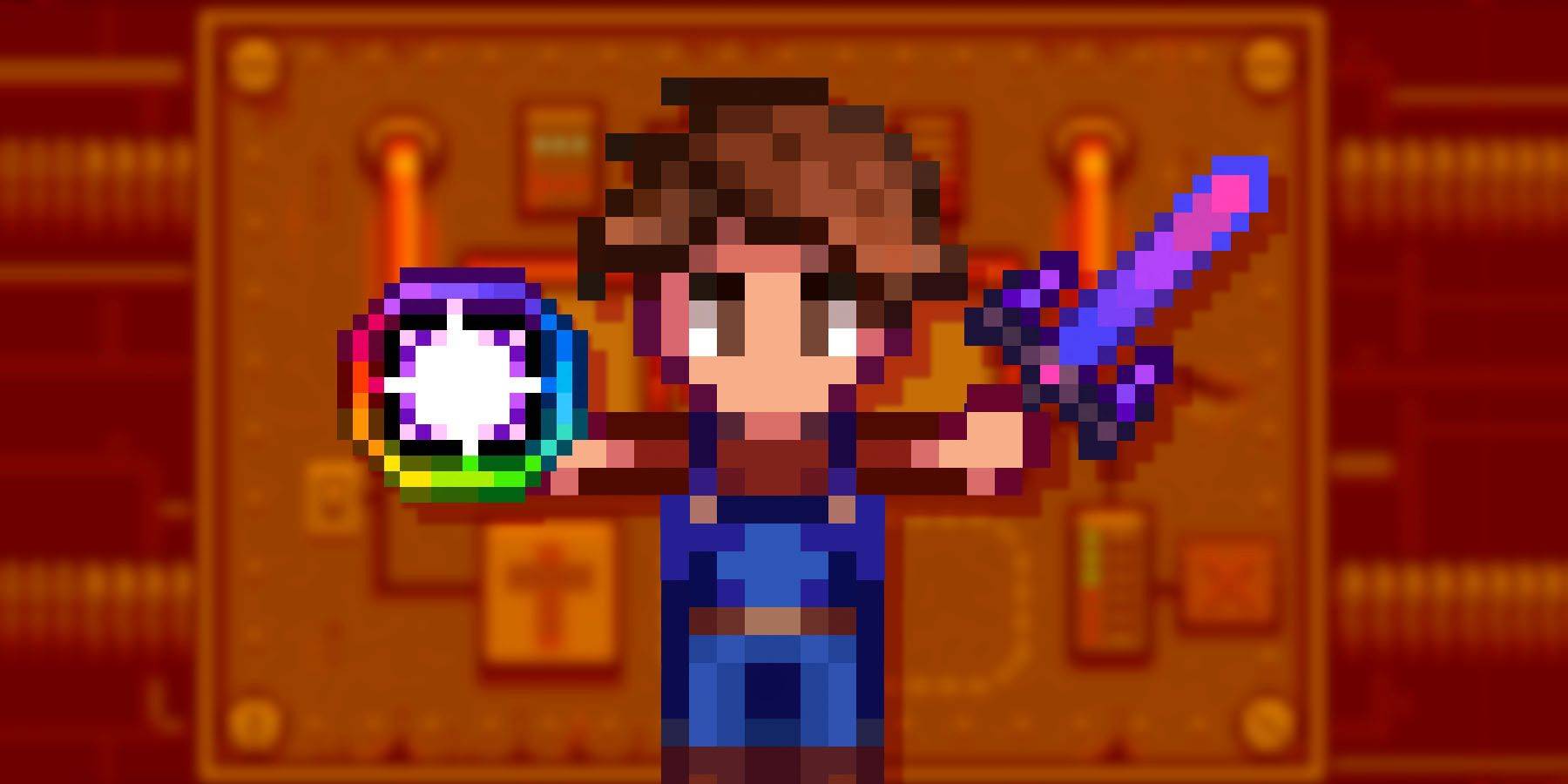
Stardew Valley: A Complete Guide To Enchantments & Weapon Forging
Mar 17,2025
-
9
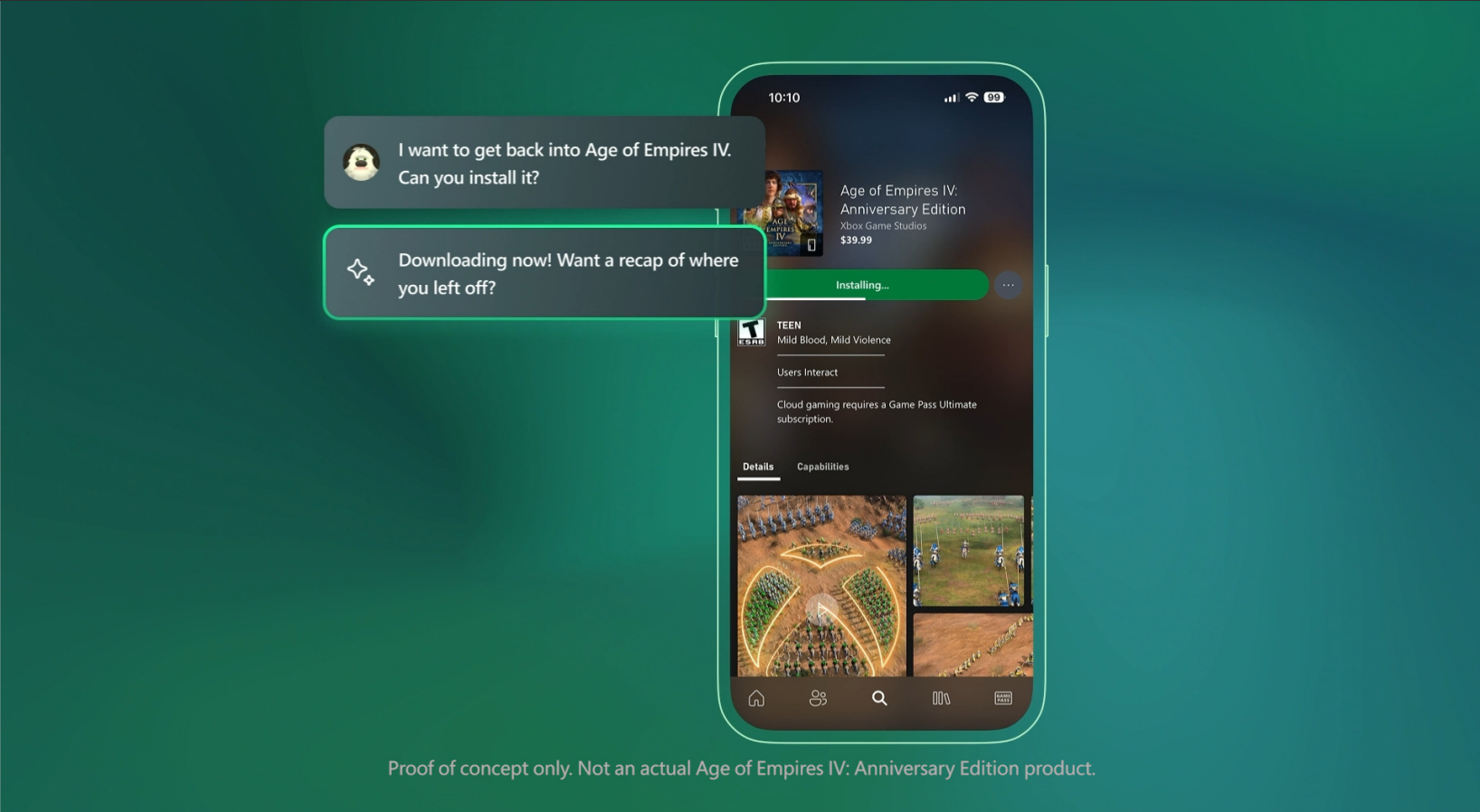
Microsoft to Integrate Copilot AI into Xbox App and Games
May 21,2025
-
10
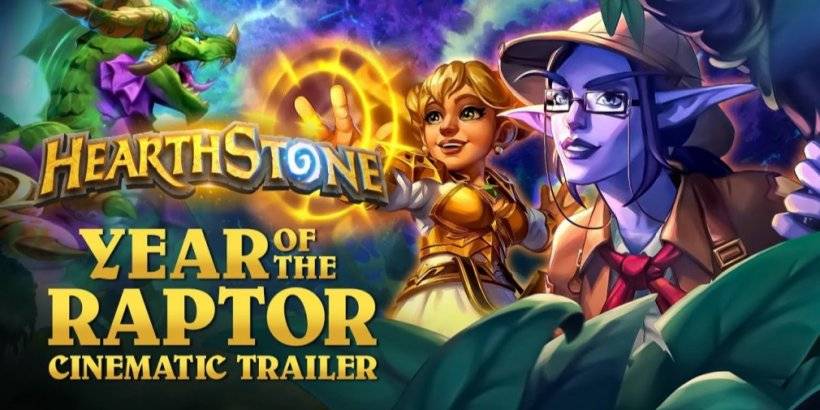
Hearthstone has kicked off the Year of the Raptor with a myriad of new content
Mar 16,2025
-
Download

The Golden Boy
Casual / 229.00M
Update: Dec 17,2024
-
Download

Niramare Quest
Casual / 626.43M
Update: Feb 21,2023
-
Download

POW
Casual / 38.00M
Update: Dec 19,2024
-
4
Mother's Lesson : Mitsuko
-
5
Gamer Struggles
-
6
How To Raise A Happy Neet
-
7
Poly Pantheon Chapter One V 1.2
-
8
Dictator – Rule the World
-
9
Strobe
-
10
Livetopia: Party






